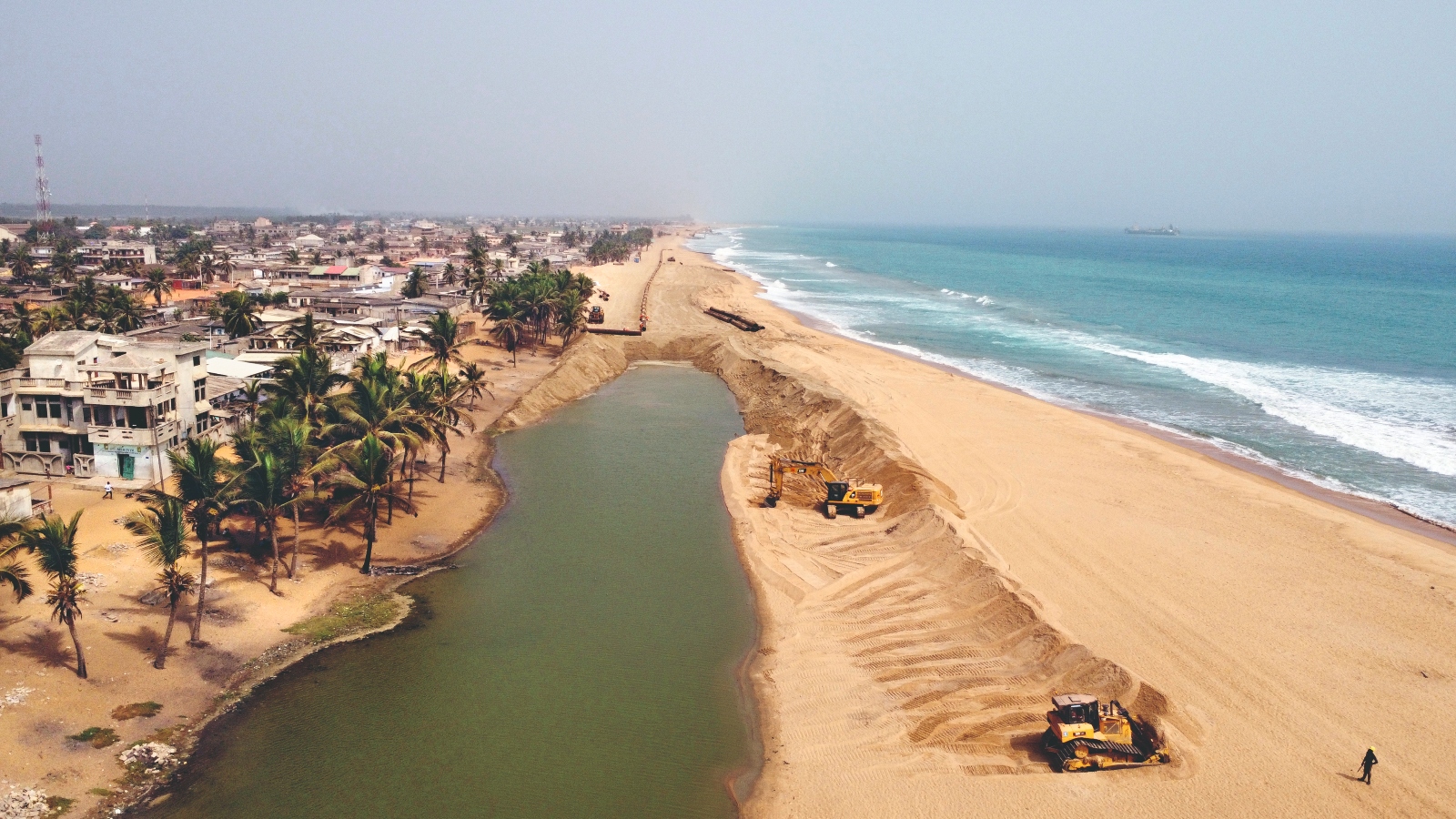Transmission
The hope here is that centre-left elites may finally get serious about the need – as even Emmanuel Macron has recognised – to accelerate the energy transition in a socially just manner, and that climate justice movements will become sufficiently powerful to elect and hold them to account.
However, I argue that these Green Keynesian policies – more radical than what we see today, but a far cry from what should be done – may prolong the cost-of-living crises they were intended to resolve.
This is because they will likely have inflationary impacts by increasing near-term costs for consumers (e.g. to retrofit homes, swap gas boilers for heat pumps, and replace ICE cars for EVs), ramping up demand for transition minerals at a rate that exceeds supply, and requiring dramatic investment in electricity storage and transmission infrastructure (which will temporarily increase energy costs).
Greenflation
Europe is already facing a popular backlash – though arguably exaggerated – against climate and biodiversity policies. In a future scenario of ‘greenflation’ caused in part by an accelerated energy transition, the rightwing backlash would be even more ferocious.
However, if left-green forces dramatically gain strength, then a greenflation crisis could also create the conditions for more radical transformation by undermining the legitimacy of technocratic green capitalism and motivating deeper transformation in the direction of ecosocialism.
While reversion to fossil-fuelled ‘growth at all costs’ is more likely in this scenario, a push towards ecosocialism is also plausible. After all, by the 2030s, and especially the 2040s, the worsening climate emergency will become increasingly obvious to most people.
In this context, left-green movements will be in strong position to argue that the problem is not the accelerated energy transition but how it is conducted under capitalist social relations.
They will be able to show that the main problem is our economic model in which living has a “cost” in the first place and in which energy infrastructures are controlled by profit-oriented elites.
Ecosocialism
For people suffering from repeated cost-of-living crises, such narratives may resonate widely and generate broad popular support for more radical ecosocial policies – including universal public services and/or basic income, replacing GDP with alternative indicators focused on economic security and well-being, and increased community or public ownership of energy infrastructure.
This creates a challenge for the left: while we must fight for Green Keynesianism in the near term, we must also prepare for the disruptions and forms of backlash these reforms would most likely encounter, and then win the narrative battle that would ensue.
Even in the best-case scenario in which climate justice movements succeed in pushing governments towards ecosocialism, this would merely be the beginning.
The capitalist class would not go down without fighting tooth-and-nail – through capital flight, media campaigns, disinformation operations, cyberattacks, and other means.
Post-capitalist
To stop them, there would need to be a critical mass of left-green states that can internationally coordinate capital controls, trade, security, and industrial policies to collectively fend off reactionary attacks while sustaining political and economic stability.
Domestically, each incremental advance of popular democratic control vis-à-vis the capitalist class will need to catalyse further democratic advances.
For instance, by extending universal public services or basic income, more people would be loosened from the discipline of labour markets, allowing them to devote more time and energy to activism or participation in nascent forms of solidarity economies and empowered citizens assemblies.
Strategies
Since each advance of democratic control over the economy will invite counterattacks, such feedbacks can only be repelled by politically mobilising more and more people towards creating and defending a more participatory, equitable, and sustainable post-capitalist economy.
This is merely a brief sketch of one possible path towards ecosocialism, and the book sketches other potential pathways as well.
The key point is that we need to systematically explore this possibility space in order to inform left-green strategies in the present.
Otherwise, we are moving headlong into the future without a map to guide us, leaving us to merely react to events as they occur. No political actor seriously hoping to shape the future would do the same.
This Author
Michael J Albert is a lecturer in global environmental politics at the University of Edinburgh.




